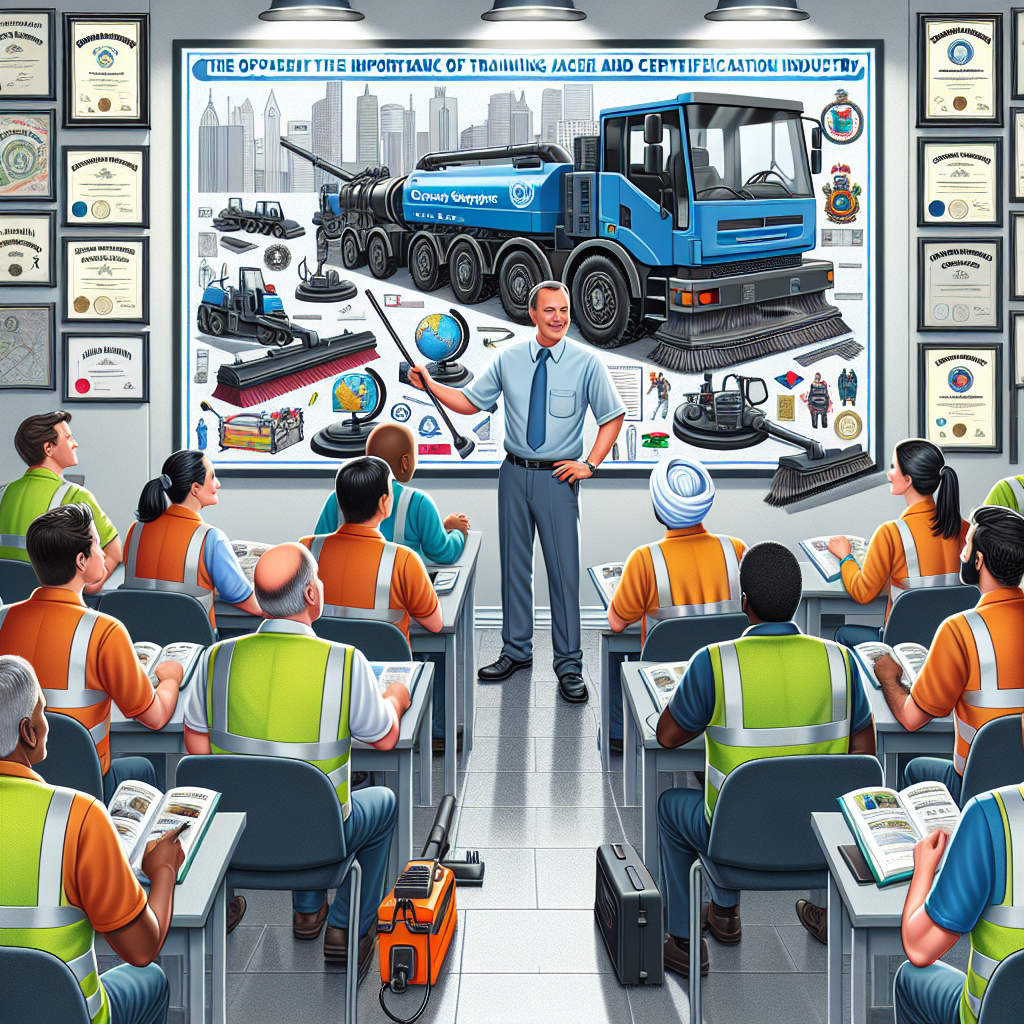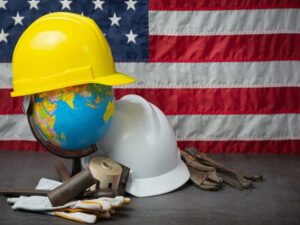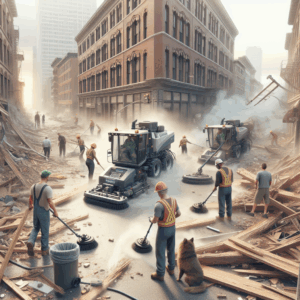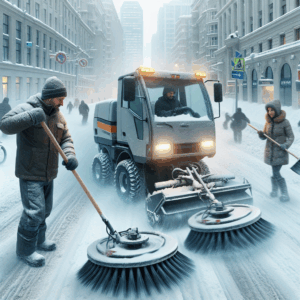The Importance of Training and Certification in the Power Sweeping Industry
Have you ever seen those big trucks on the road or in parking lots, sweeping up leaves and dirt? Those are power sweepers, and they're really important for keeping our streets, parking lots, and other public areas clean. But did you know that driving and operating these machines isn't as easy as it looks? That's why training and certification are super important in the power sweeping industry. Let's dive into why this is the case.
First of all, safety is a huge concern. Power sweepers are heavy machines with lots of moving parts, so handling them poorly can be dangerous. People who operate these machines need proper training to make sure they can work safely. This includes knowing how to handle the machine on different terrains, understanding how to maintain it properly, and knowing what to do in an emergency.
Speaking of handling, there's a lot of skill involved in operating these machines efficiently. It's not just about driving from point A to B while sweeping along the way. Operators need to know how to cover areas thoroughly without wasting time or fuel. Proper training teaches them how to plan their routes effectively, which is important for saving time and keeping costs down. Plus, a well-trained operator uses the machine in a way that helps it last longer, reducing the number of repairs needed.
Another reason training is so important is because of the different types of power sweepers out there. Sidewalk sweepers, street sweepers, and parking lot sweepers all have their own features and controls. An operator might need to learn the differences between them to use each one efficiently. Certification programs often cover these differences, helping operators become experts in using various kinds of machines.
Also, remember that power sweeping isn't just about picking up trash. These machines often help local governments and private companies meet environmental standards. For instance, sweepers help prevent pollutants from entering waterways by picking up debris before it can wash away into storm drains. With the right training, operators can make sure they're doing their part to protect the environment.
Being well-trained and certified can also boost an operator's career. Certifications are proof that a person has learned the skills needed to be great at their job. This can open up better job opportunities and even lead to higher pay. Many employers in the power sweeping industry prefer to hire certified operators because it shows that they take their job seriously.
Lastly, when operators are properly trained, businesses that hire them can operate more smoothly and are less likely to face liability issues. This is important for the overall health of the industry, as well as for the businesses and individuals that rely on them. No company wants to deal with accidents or machine breakdowns, both of which are less likely with properly trained staff.
In conclusion, training and certification in the power sweeping industry might not be something you hear about every day, but they're crucial for a lot of reasons. They keep workers safe, help businesses operate more efficiently, and ensure our streets are clean and safe. So next time you see a power sweeper at work, remember that there's a trained professional behind the wheel. That's why our streets and parking lots are in great shape, and it's a big deal for everyone involved.









